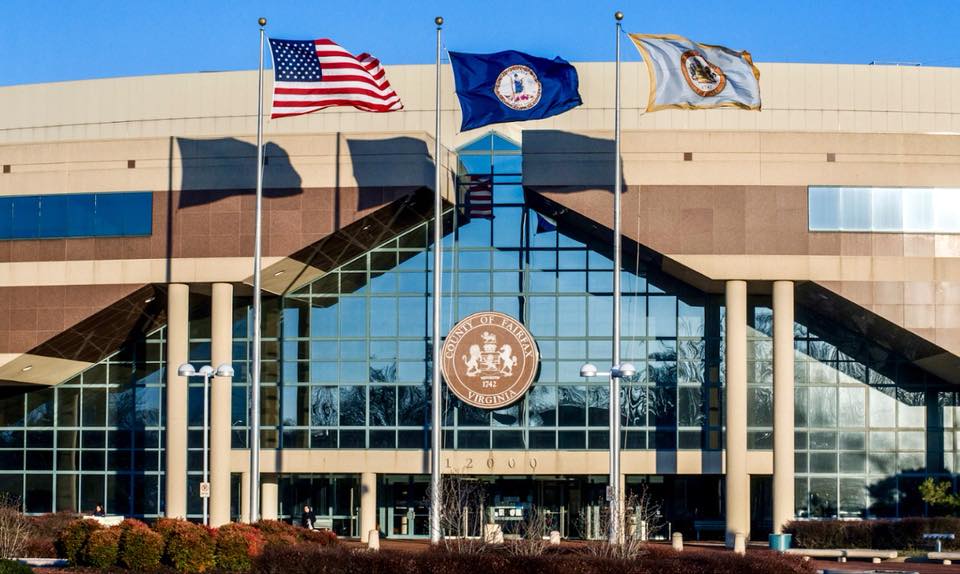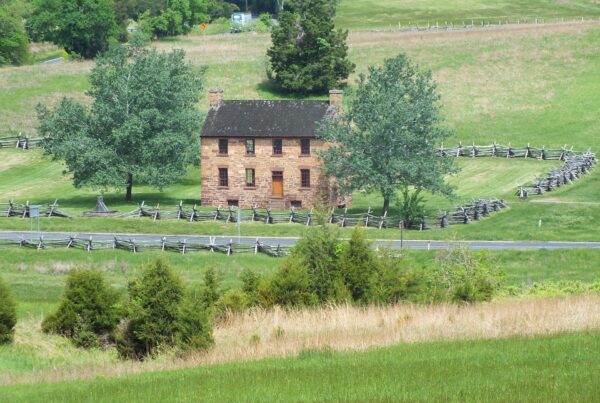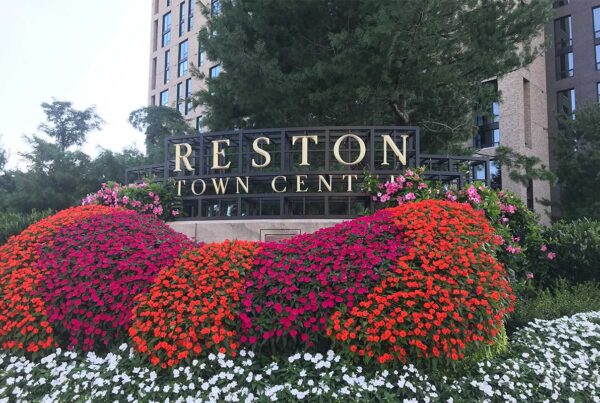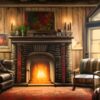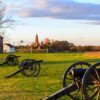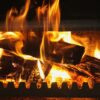Preventing Chimney Fires: A Comprehensive Guide to Fireproof Strategies in Fairfax VA
In the heart of Fairfax, Virginia, the beauty of the Fall season is often accompanied by the warm welcome of a fireplace. The glow of a cozy fire brings a unique comfort that can be enjoyed by the entire family. However, it also brings along the risk of chimney fires if not properly managed. Chimney fires are a significant risk for households and can lead to devastating damage. It becomes crucial to employ fireproof strategies and follow safety measures to prevent chimney fires. This comprehensive guide will provide you with a detailed strategy for preventing chimney fires, all from the expert perspective of A&T Chimney Sweeps fireplace, furnace, dryer vent, gutter cleaning, and repair services in Fairfax VA.
Understanding Chimney Fires
Before diving into prevention strategies, it is essential to understand what chimney fires are and how they occur. Chimney fires happen when the creosote, a highly flammable substance produced by burning wood, gets ignited in the chimney flue. The combustion is often explosive and can lead to significant damage to your home and even risk lives.
Fireproof Strategies for Preventing Chimney Fires
1. Regular Cleaning: The most effective way to prevent chimney fires is by regularly cleaning your chimney. This process involves removing soot and creosote build-up, which are primary contributors to chimney fires. Regular cleaning by professionals ensures that your chimney is safe and functioning optimally.
2. Chimney Inspection: Another crucial aspect of preventing chimney fires is regular inspections. A professional chimney sweep will be able to examine your chimney for any structural issues, cracks, or blockages that could lead to a fire. They can also inspect the condition and performance of your flue liner and other components to ensure they are in good condition.
3. Use Seasoned Wood: The type of wood you burn in your fireplace also plays a significant role in the prevention of chimney fires. Seasoned wood, which has been dried for at least six months, produces less creosote than green or wet wood. Therefore, using seasoned wood can significantly reduce the risk of chimney fires.
4. Install a Chimney Cap: Chimney caps are essential in preventing foreign objects, like leaves and debris, from entering your chimney. These objects can cause blockages and lead to chimney fires. Moreover, a chimney cap also prevents animals from nesting in your chimney, another common cause of chimney fires.
5. Limit the Use of Paper and Kindling: While it might be tempting to use paper or kindling to start your fire, these can lead to excessive flames that reach into your chimney. Instead, use smaller, more controlled fires that burn hotter and cleaner.
6. Install a Carbon Monoxide Detector: Carbon monoxide is a deadly gas that can be produced by your fireplace. A detector can alert you if there are high levels of this gas, providing an early warning system for potential chimney fires.
7. Hire a Professional Chimney Sweep: The importance of hiring a professional chimney sweep cannot be overstated. They have the necessary training and tools to properly clean and inspect your chimney. They can spot early signs of trouble and ensure your chimney is fireproof.
FAQs
Q: How often should I have my chimney cleaned and inspected?
A: The National Fire Protection Association recommends that chimneys are inspected at least once a year. If you use your fireplace regularly, you may need to have it cleaned more frequently.
Q: Can I clean my chimney myself?
A: While it is possible to clean your own chimney, it is not recommended. Professional chimney sweeps are trained to spot potential issues that may not be apparent to the untrained eye. Also, they have the right tools and equipment to do the job safely and effectively.
Q: What are the signs of a chimney fire?
A: Signs of a chimney fire include a loud cracking or popping noise, a lot of dense smoke, and an intense, hot smell.
Q: What should I do if I have a chimney fire?
A: If you suspect a chimney fire, get everyone out of the house and call 911 immediately. Do not attempt to extinguish the fire yourself.
In conclusion, preventing chimney fires requires a proactive approach centered on regular cleaning, inspections, and maintenance. By following the strategies outlined in this guide, you can enjoy the comfort of your fireplace without worrying about the risk of chimney fires. Stay warm, stay safe.



